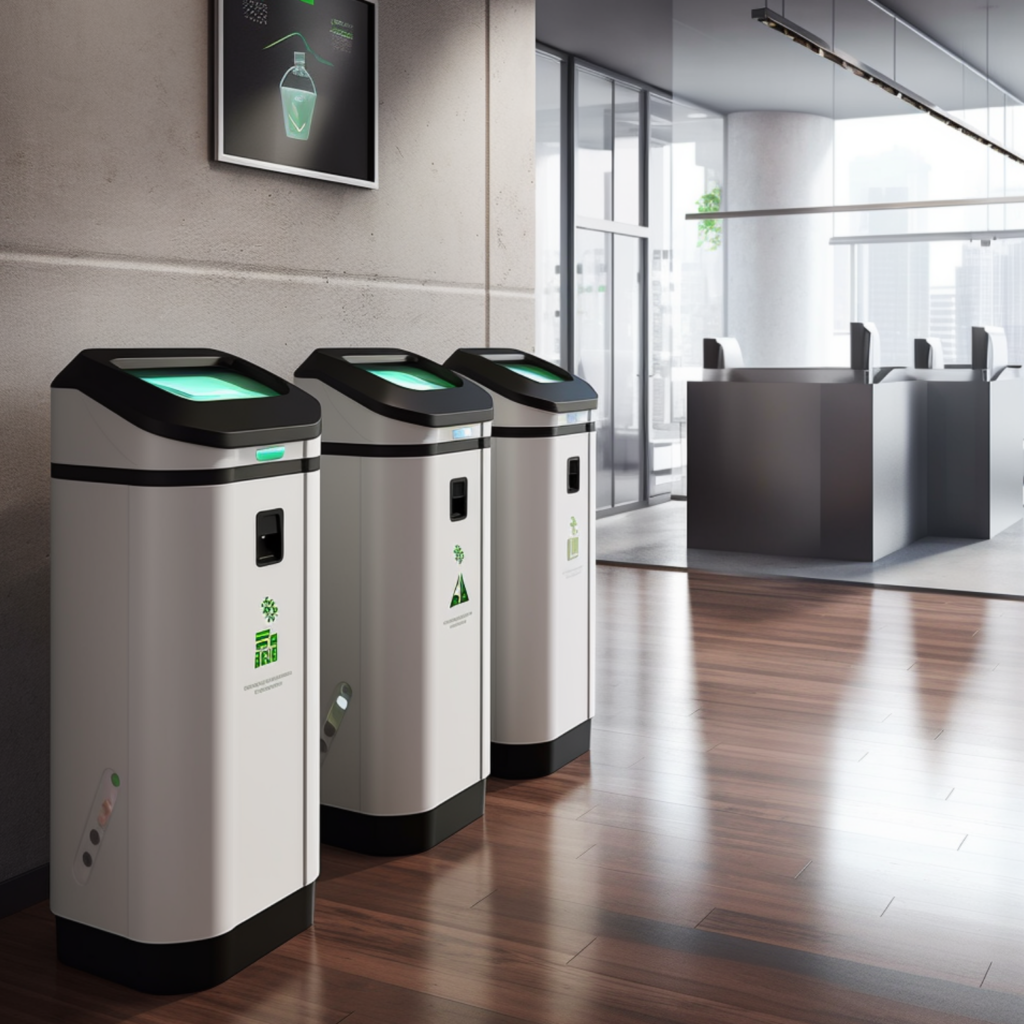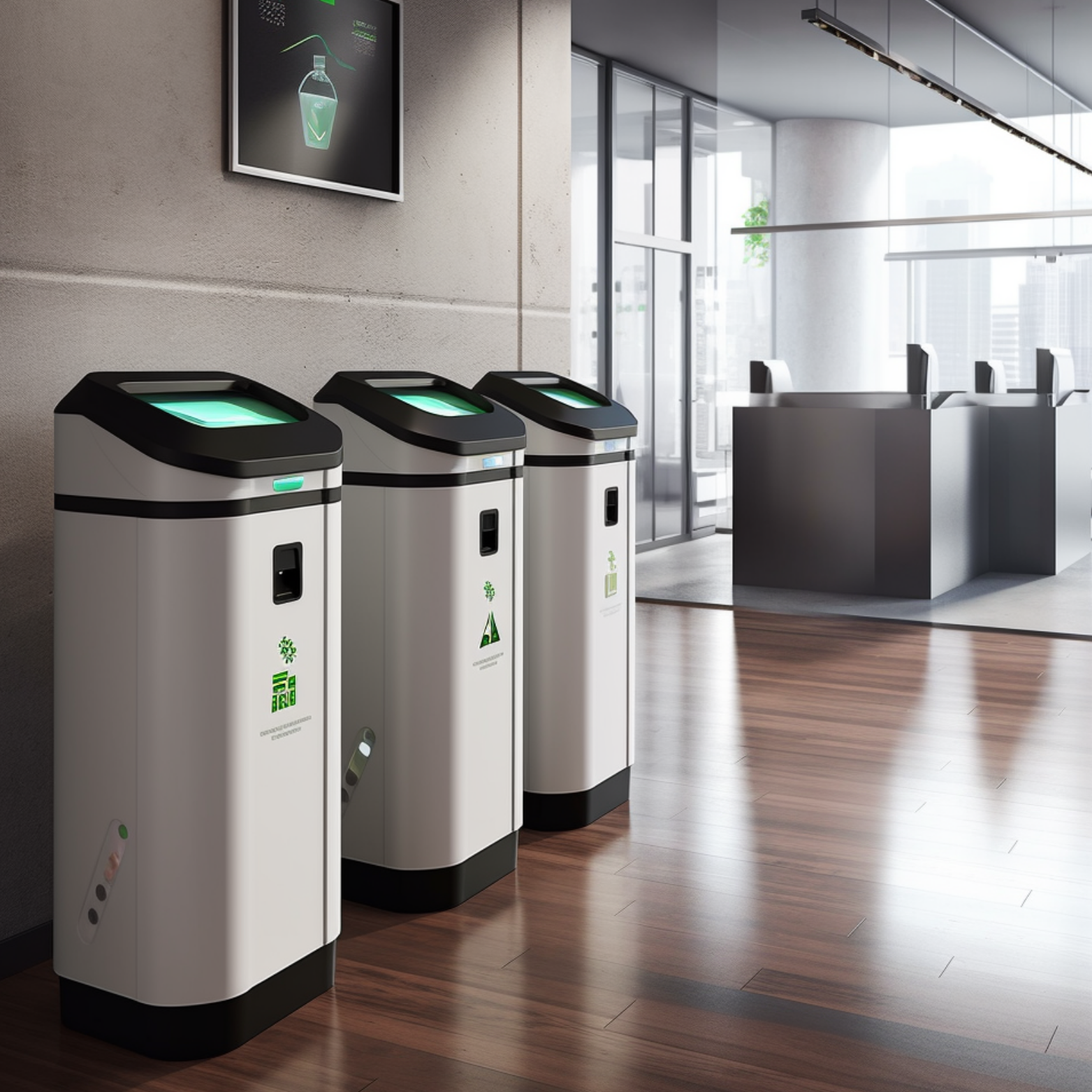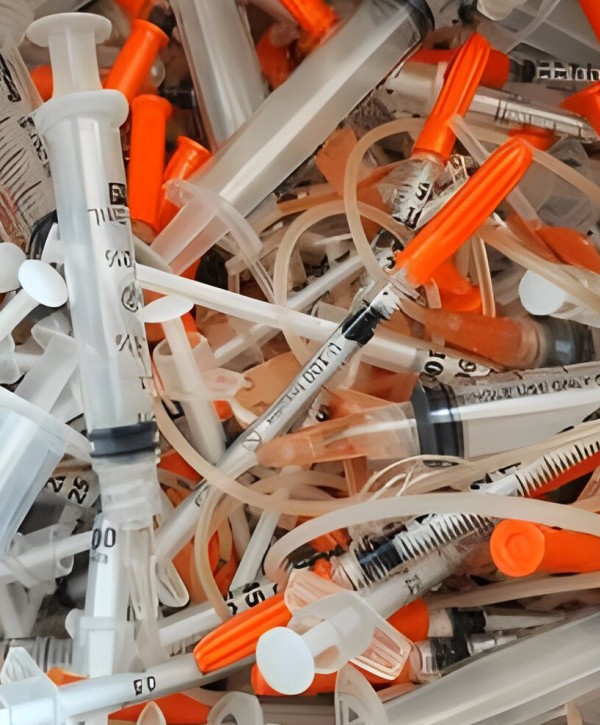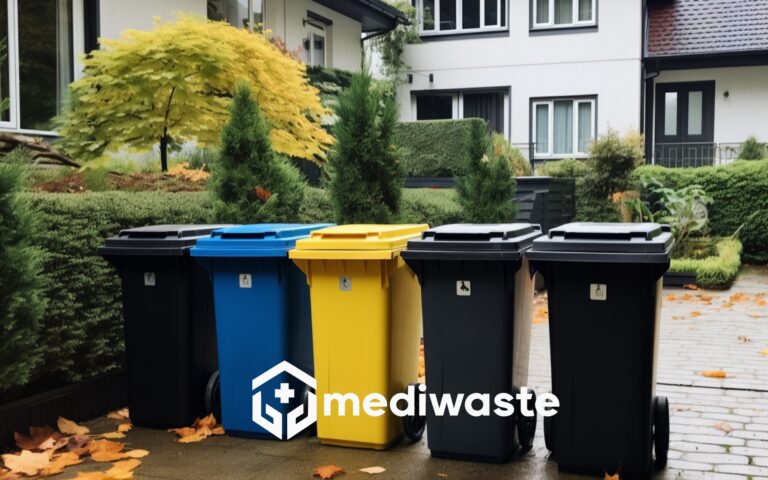Best Medical Waste Recycling Equipment for Small Clinics
As small clinics increasingly focus on sustainability, implementing effective medical waste recycling practices becomes essential. The right equipment can significantly streamline waste management processes, reduce environmental impact, and ensure compliance with regulations. This article explores the best medical waste recycling equipment for small clinics, highlighting key features and benefits.

Understanding Medical Waste Recycling
Medical waste recycling involves the proper segregation, treatment, and disposal of waste generated in healthcare settings. This includes recyclable materials such as plastics, paper, and metals, as well as specific medical waste like sharps and pharmaceutical items.
MediWaste, the leading provider of medical waste management solutions, emphasizes the importance of using appropriate recycling equipment to minimize waste and promote sustainability in healthcare facilities.
Key Types of Medical Waste Recycling Equipment
1. Waste Compactors
Description: Waste compactors are designed to reduce the volume of waste by compressing it into manageable bales. This equipment is particularly useful for clinics that generate large amounts of recyclable materials.
Benefits:
- Reduces waste volume, lowering disposal costs
- Increases recycling efficiency by optimizing storage space
- Enhances hygiene by minimizing open waste containers
Recommended Product:
The Mil-tek Waste Compactor is an excellent choice for small clinics, offering a compact design and efficient waste management capabilities.
Explore Mil-tek Compactors for more information.
2. Baler Machines
Description: Baler machines are used to compress recyclable materials into bales, making them easier to handle and transport. They are ideal for clinics that produce significant amounts of cardboard, paper, and plastic waste.
Benefits:
- Facilitates easier recycling and transportation of materials
- Reduces the environmental footprint by promoting recycling
- Saves space by compacting waste into bales
Recommended Product:
The HSM Baler is a robust option for small clinics, designed for high efficiency and ease of use. Check out HSM Balers for specifications.
3. Sharps Disposal Containers
Description: Sharps disposal containers are essential for safely disposing of needles, blades, and other sharp instruments. These containers are designed to prevent injuries and contamination.
Benefits:
- Ensures safe disposal of sharps, reducing injury risks
- Facilitates compliance with health and safety regulations
- Available in various sizes to suit clinic needs
Recommended Product:
The BD Sharps Container is a widely used option that meets safety standards and is easy to use. Learn more about BD Sharps Containers for your clinic.
4. Chemical Waste Disposal Systems
Description: Chemical waste disposal systems are designed to safely handle and dispose of hazardous chemical waste, including unused medications and chemical agents used in procedures.
Benefits:
- Reduces the risk of chemical exposure and contamination
- Ensures compliance with hazardous waste regulations
- Facilitates the safe disposal of expired or unused chemicals
Recommended Product:
The Newster Medical Waste Treatment System provides an eco-friendly solution for managing chemical waste. Discover Newster Systems for more details.
5. Recycling Stations
Description: Recycling stations are designated areas equipped with various bins for sorting recyclable materials. These stations encourage staff and patients to participate in recycling efforts.
Benefits:
- Promotes a culture of recycling within the clinic
- Simplifies the waste segregation process
- Enhances overall waste management efficiency
Recommended Product:
The Rubbermaid Recycling Station offers customizable options for clinics to create effective recycling stations. Explore Rubbermaid Recycling Stations for more information.
Implementing a Recycling Program
1. Conduct a Waste Audit
Before implementing a recycling program, conduct a waste audit to identify the types and volumes of waste generated in your clinic. This will help determine which equipment is most suitable for your needs.
2. Choose the Right Equipment
Based on the audit results, select the appropriate recycling equipment that aligns with your clinic’s waste management goals. Consider factors such as volume, type of waste, and available space.
3. Train Staff
Provide comprehensive training for staff on proper waste segregation and the use of recycling equipment. Ensure that everyone understands the importance of recycling and their role in the process.
4. Monitor and Evaluate
Regularly monitor the effectiveness of your recycling program and make adjustments as needed. Track metrics such as waste volume reduction and recycling rates to assess progress.
Conclusion
Investing in the right medical waste recycling equipment is essential for small clinics looking to enhance their waste management practices and promote sustainability. By implementing effective recycling solutions, clinics can reduce their environmental impact, ensure compliance with regulations, and create a safer and more efficient working environment.
MediWaste is committed to supporting healthcare facilities in their waste management efforts. Our comprehensive services, expertise in recycling solutions, and innovative waste management practices make us an ideal partner for clinics looking to improve their sustainability initiatives.
Contact MediWaste
For expert guidance on selecting the best medical waste recycling equipment for your small clinic, contact MediWaste today. Our team of specialists can provide tailored solutions to help your facility optimize its waste management practices, ensure regulatory compliance, and minimize environmental impact. Whether you’re looking to improve your current recycling program or implement a comprehensive new system, MediWaste has the expertise and resources to support your goals. Reach out to us to schedule a consultation and take the first step towards more efficient and sustainable waste management in your clinic.







